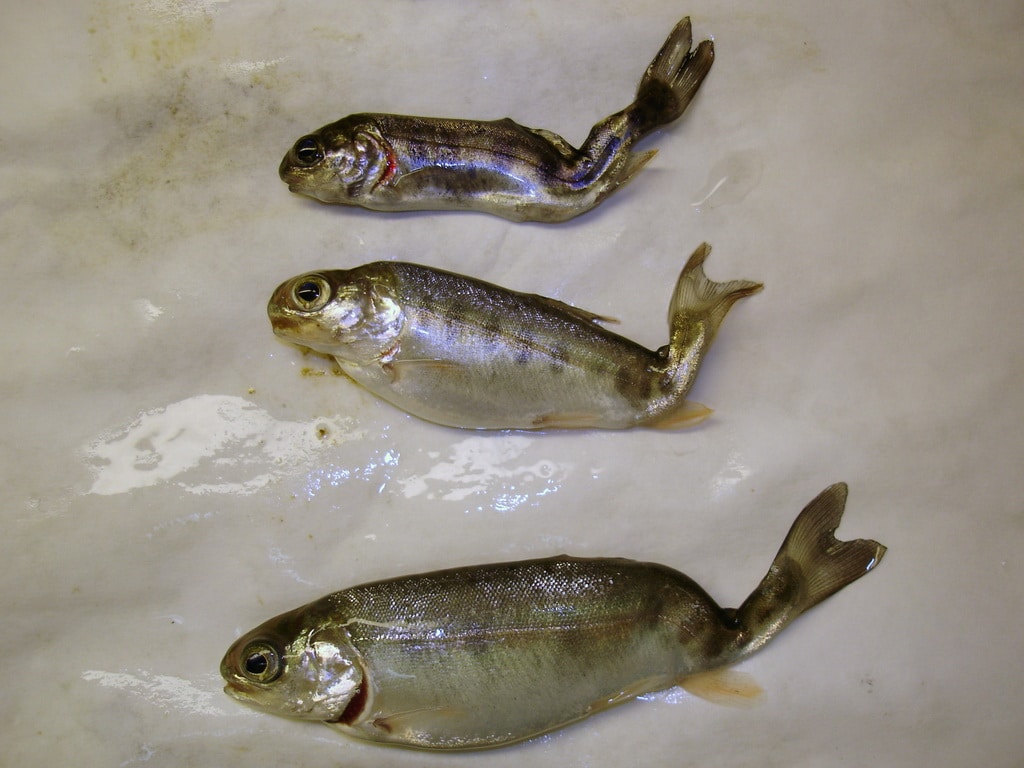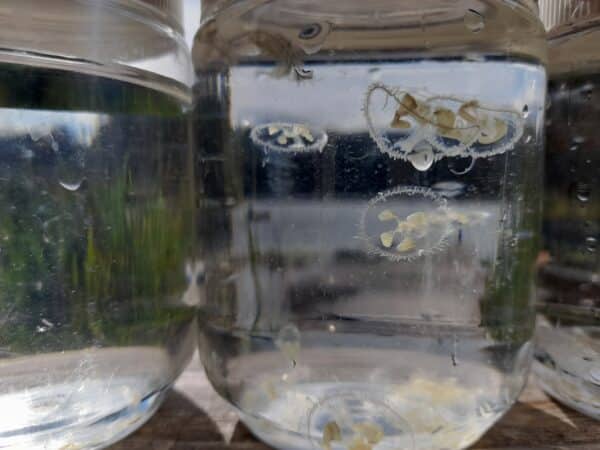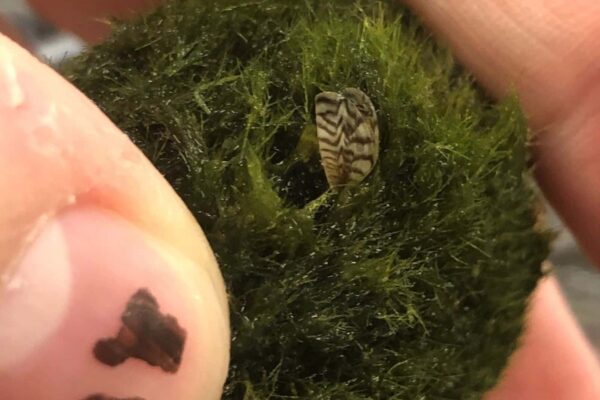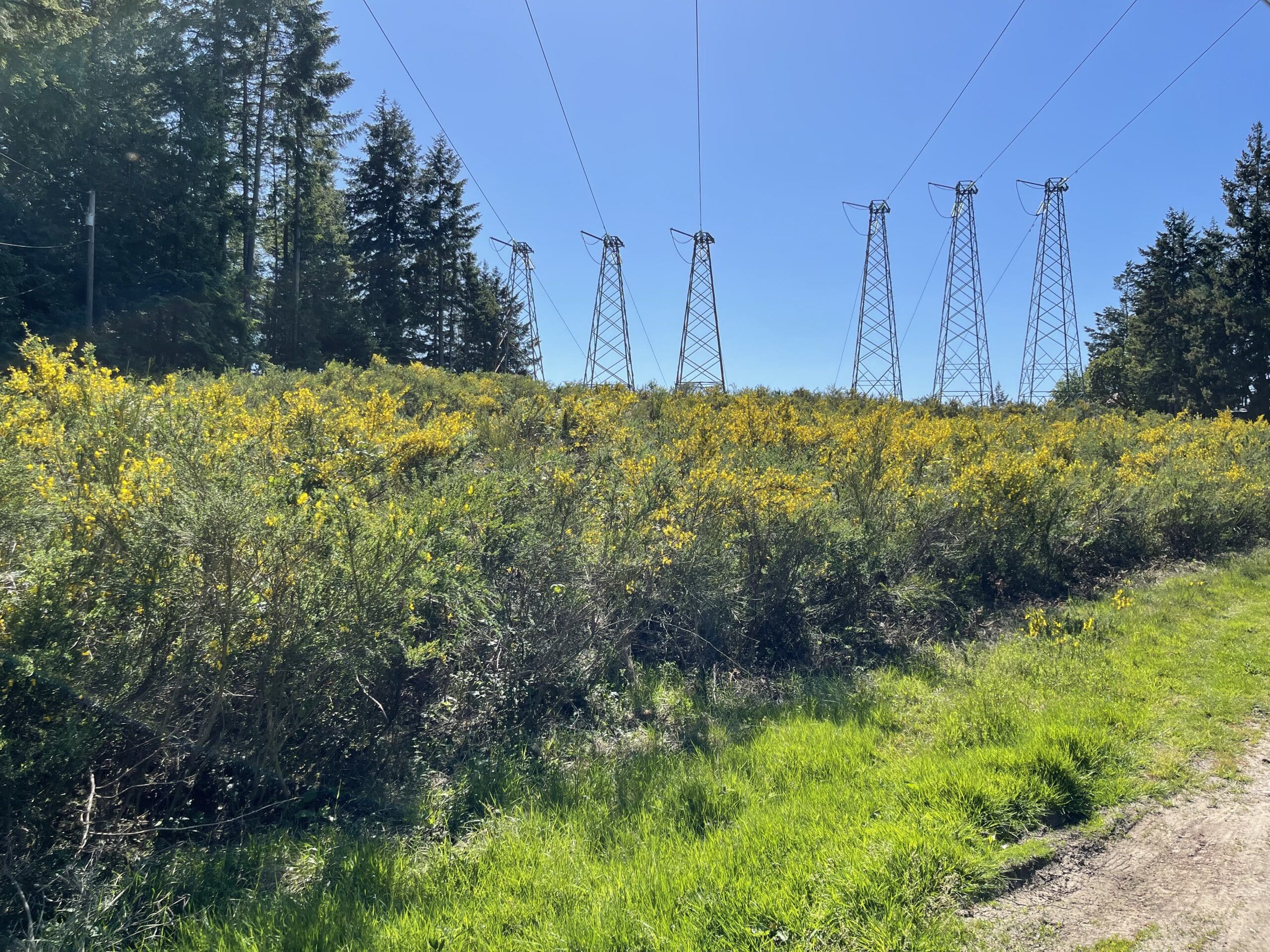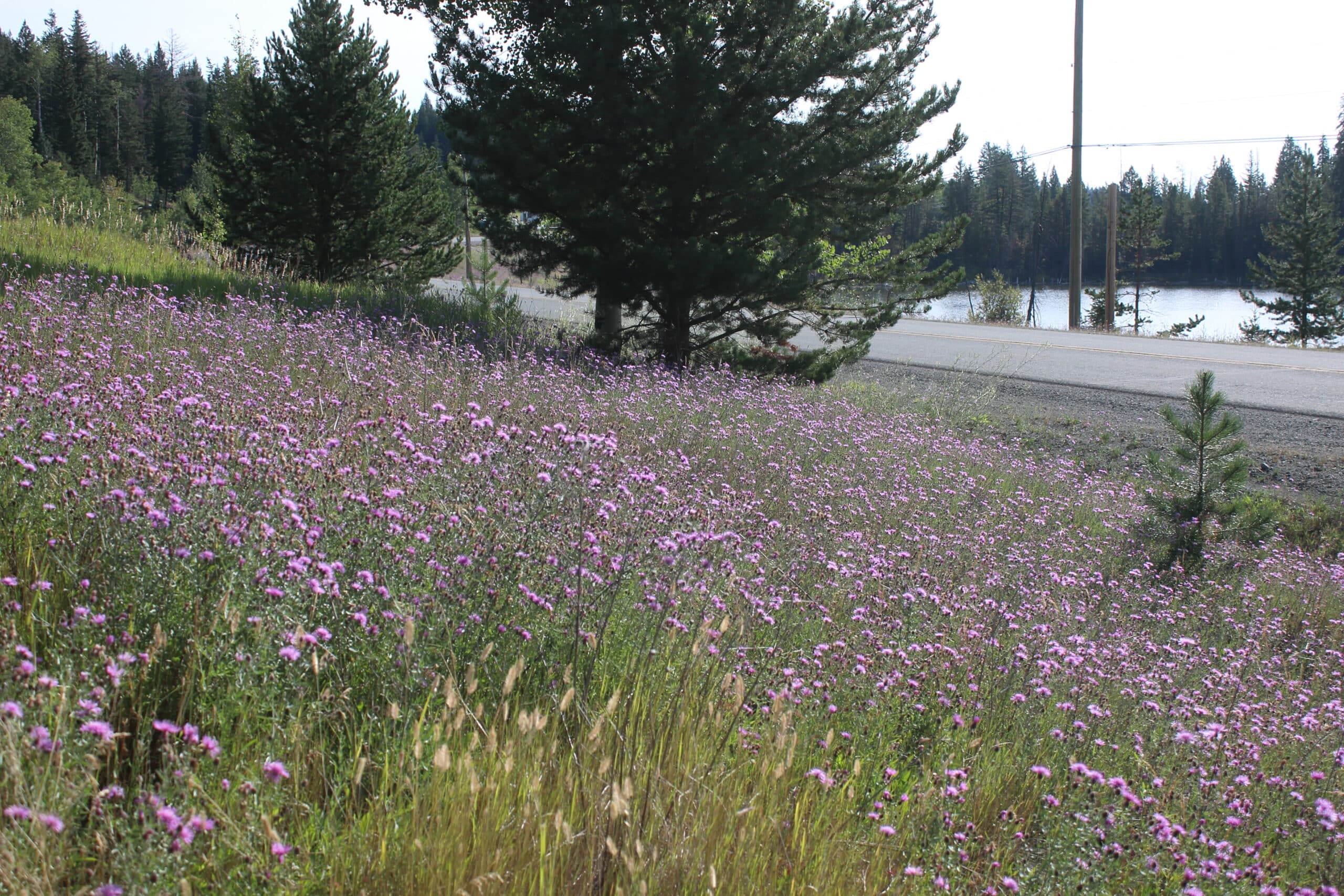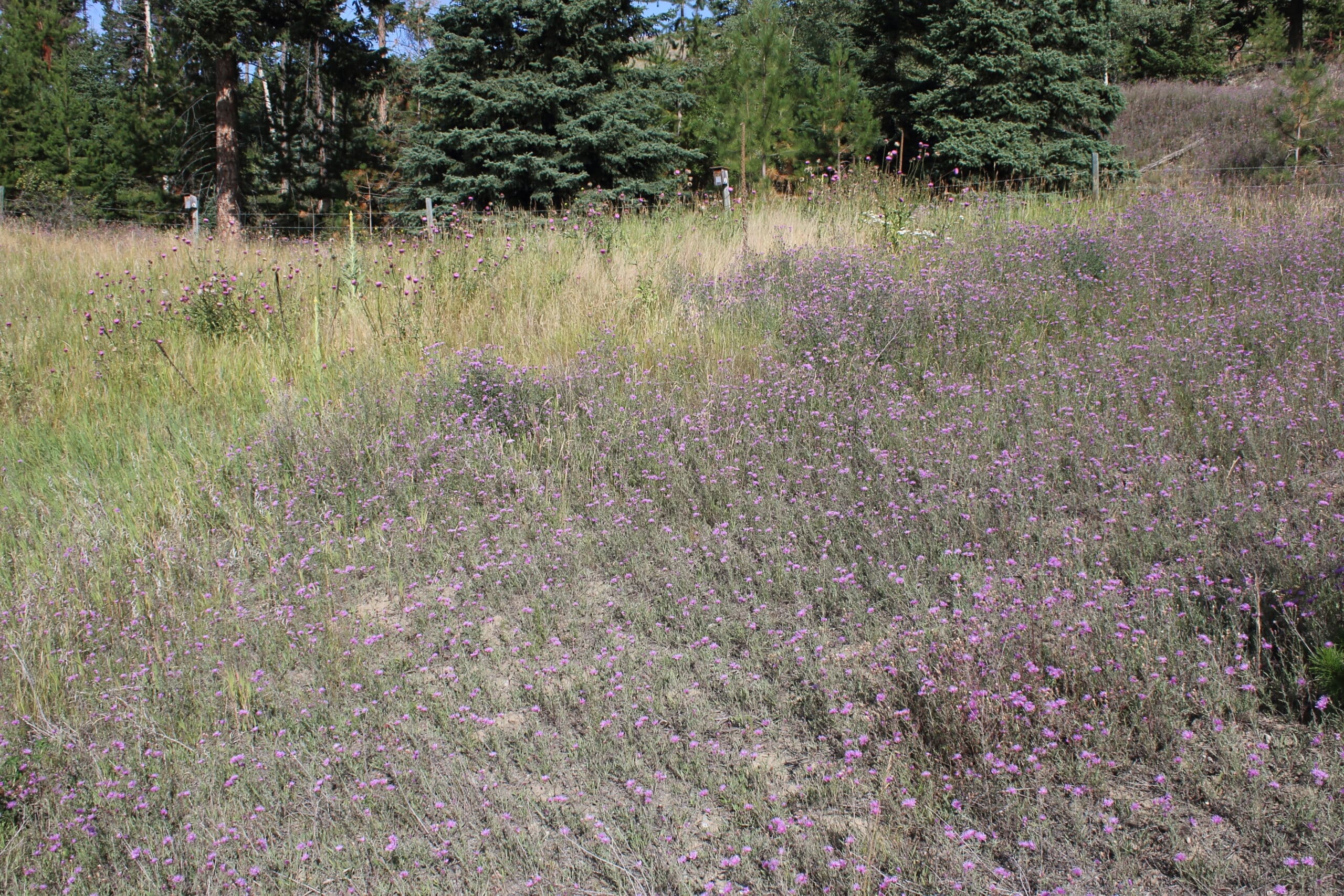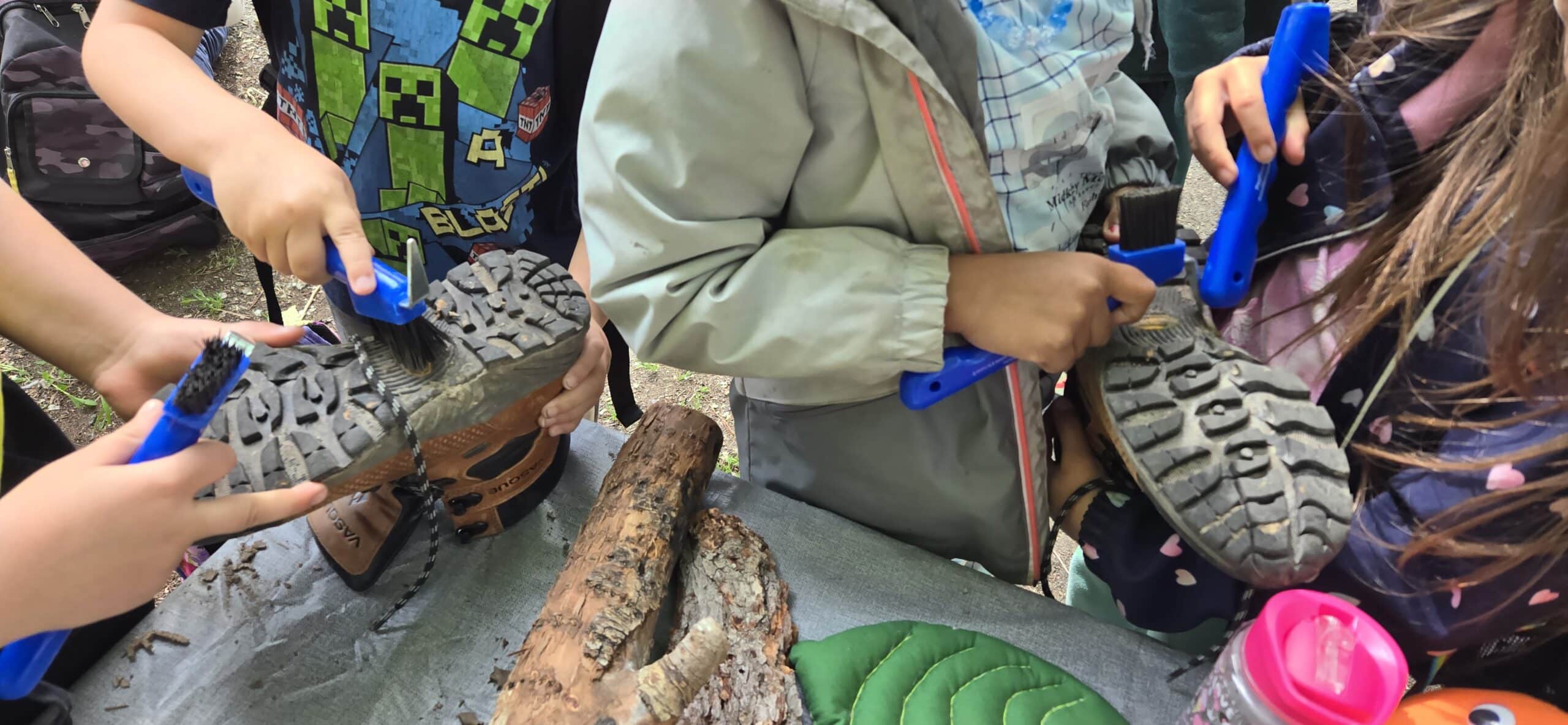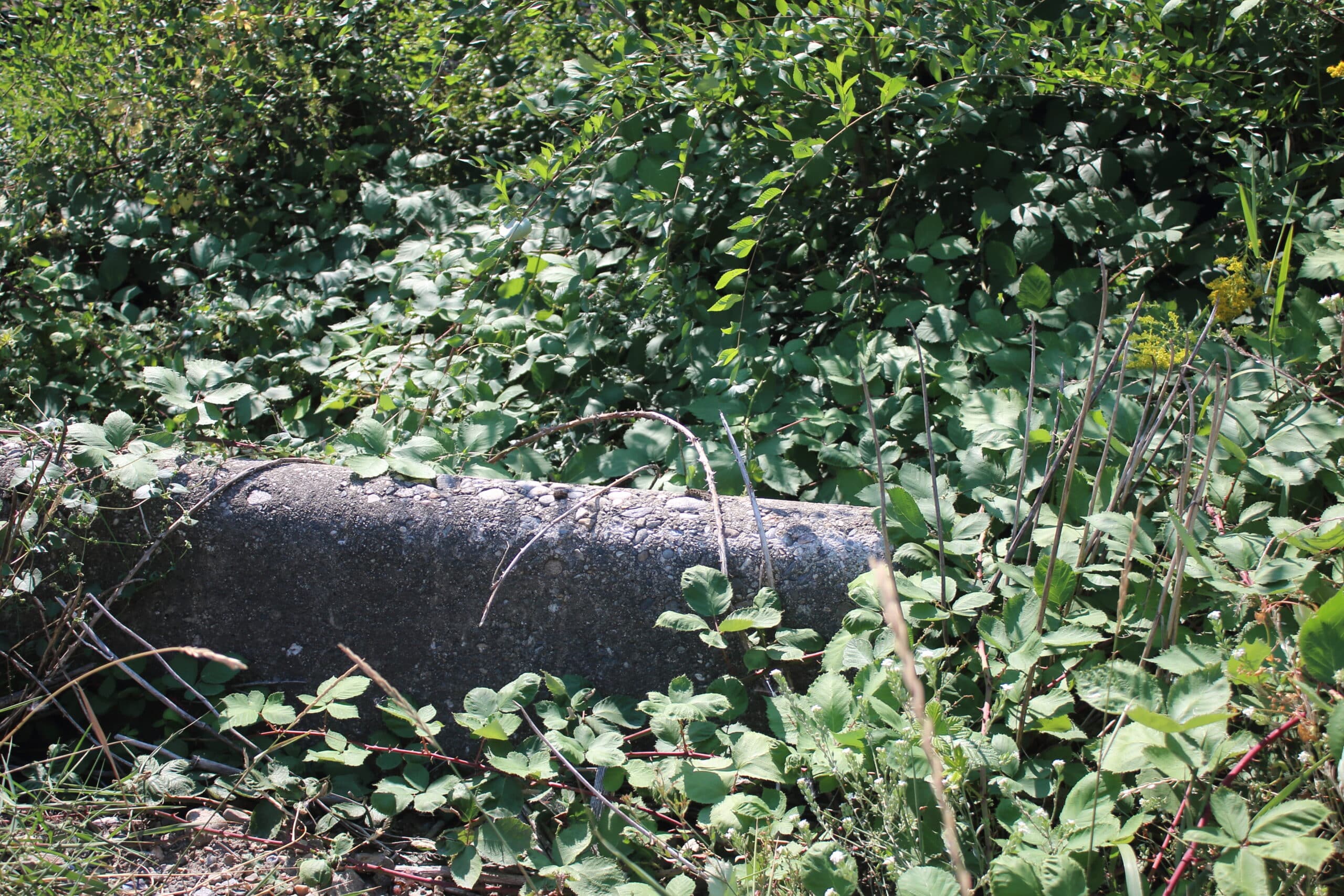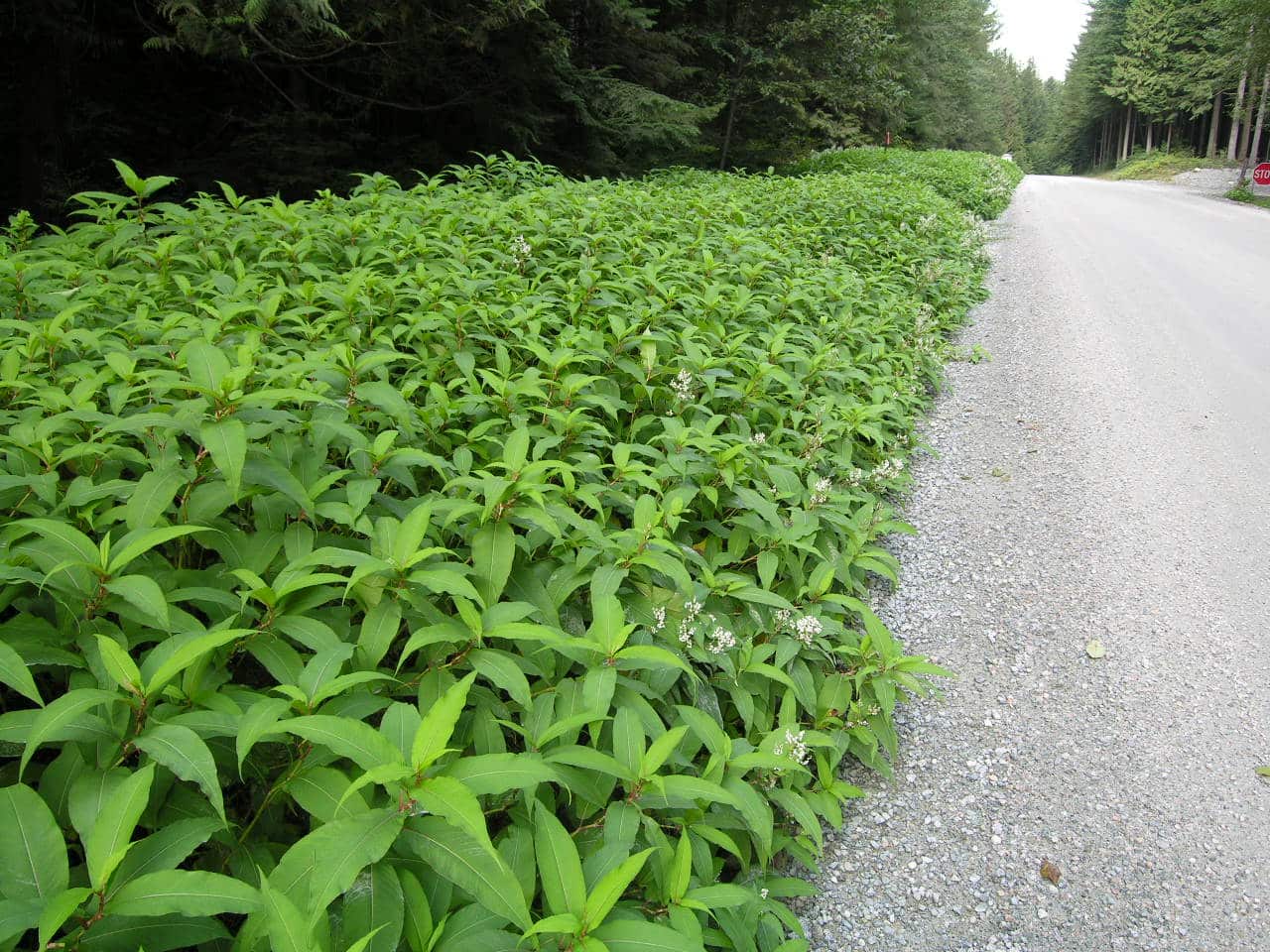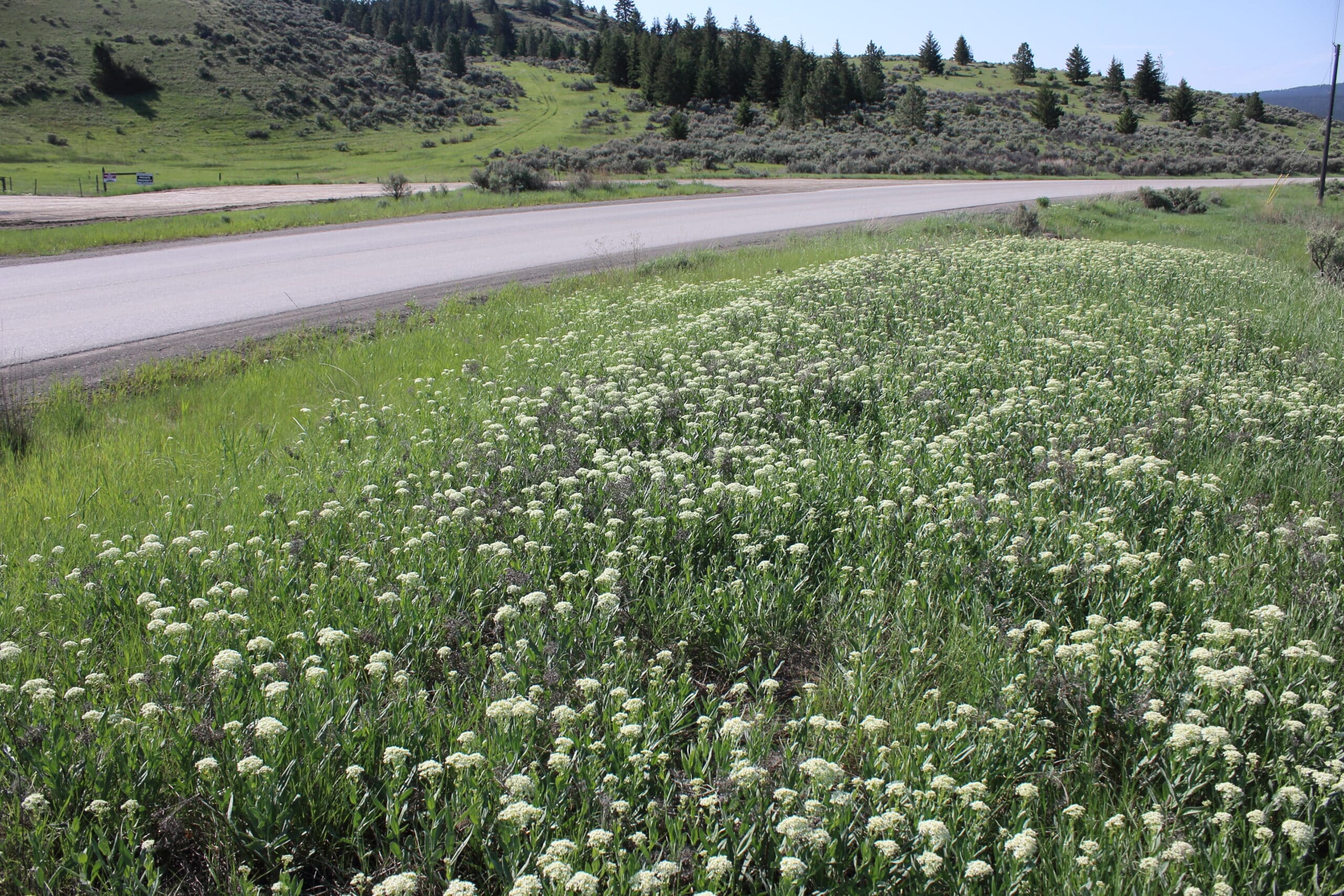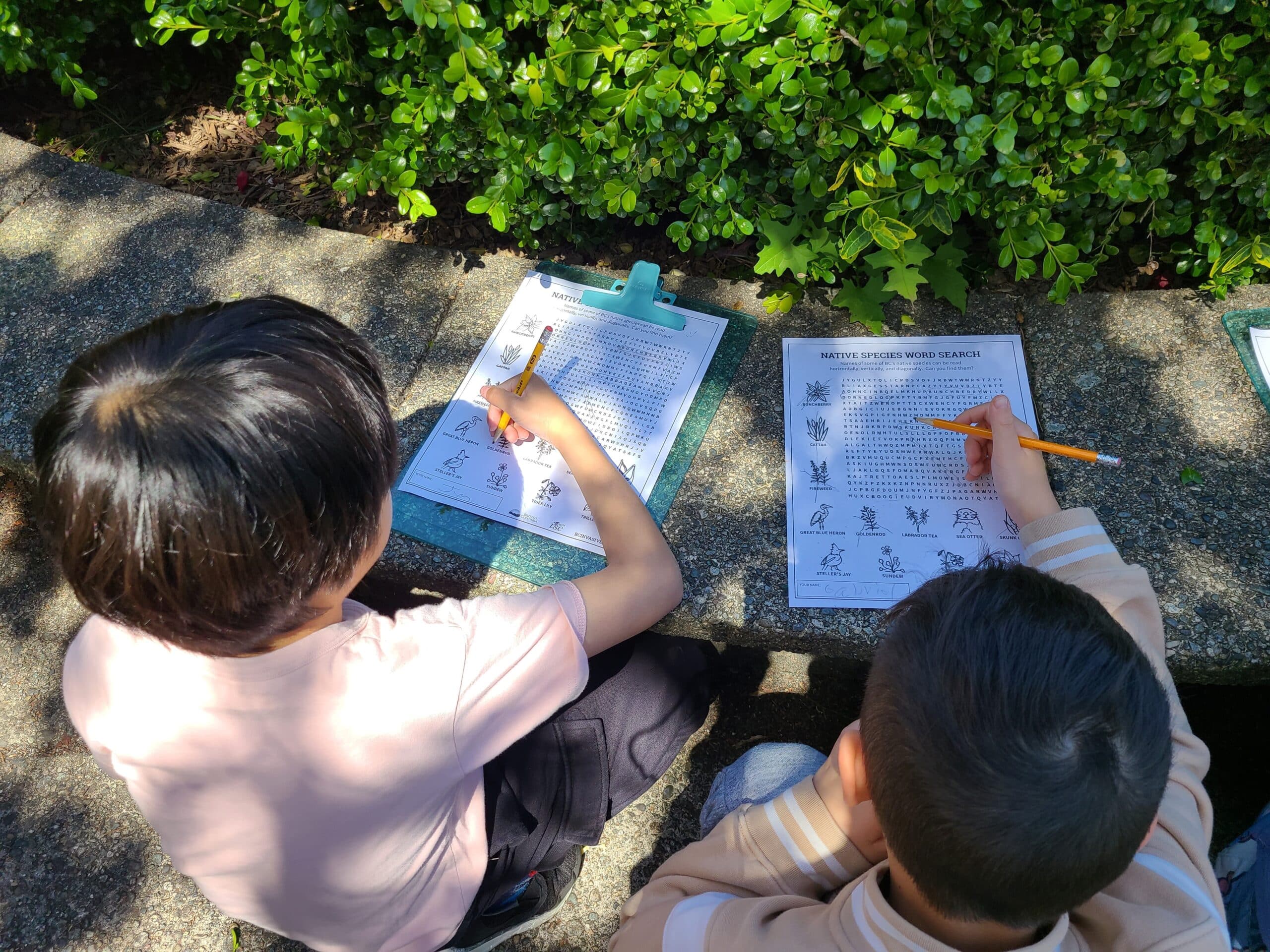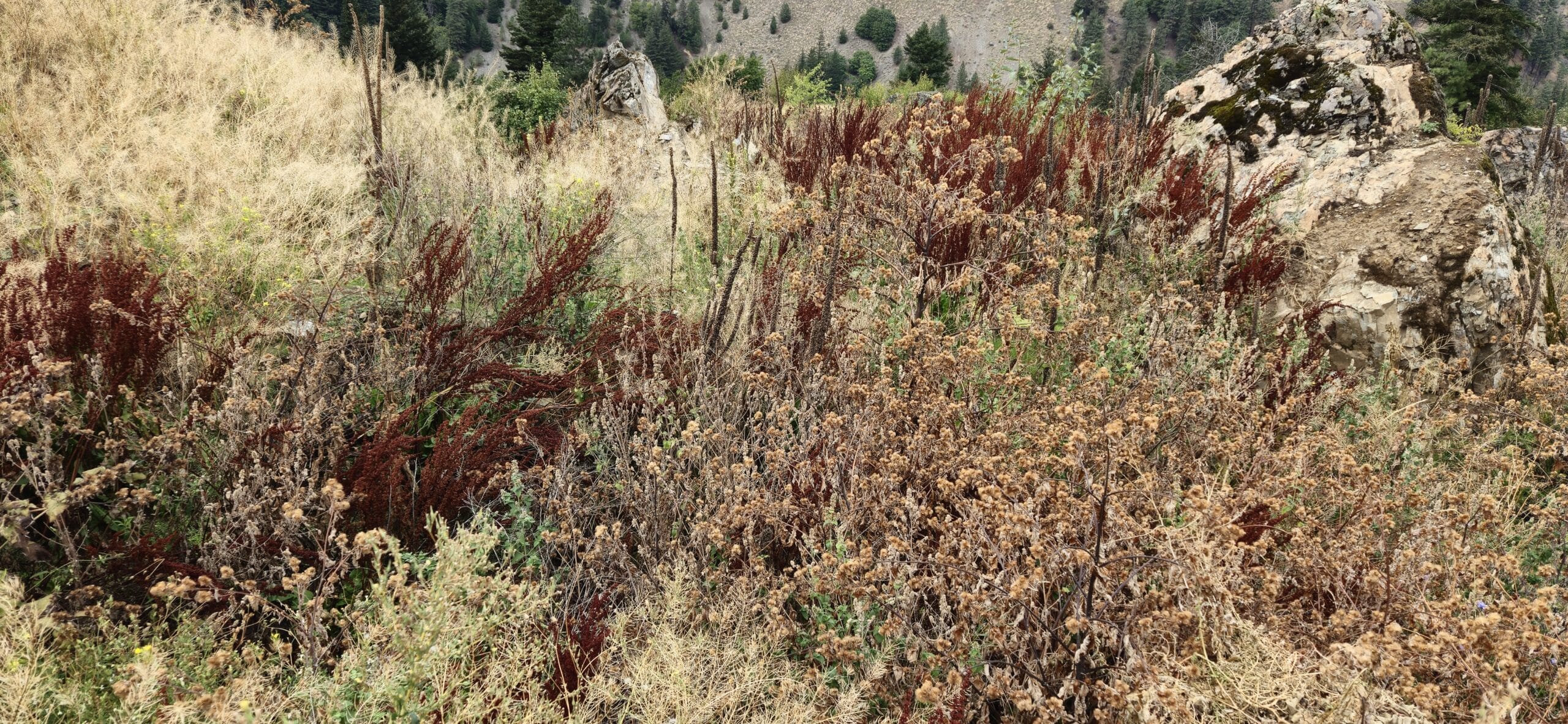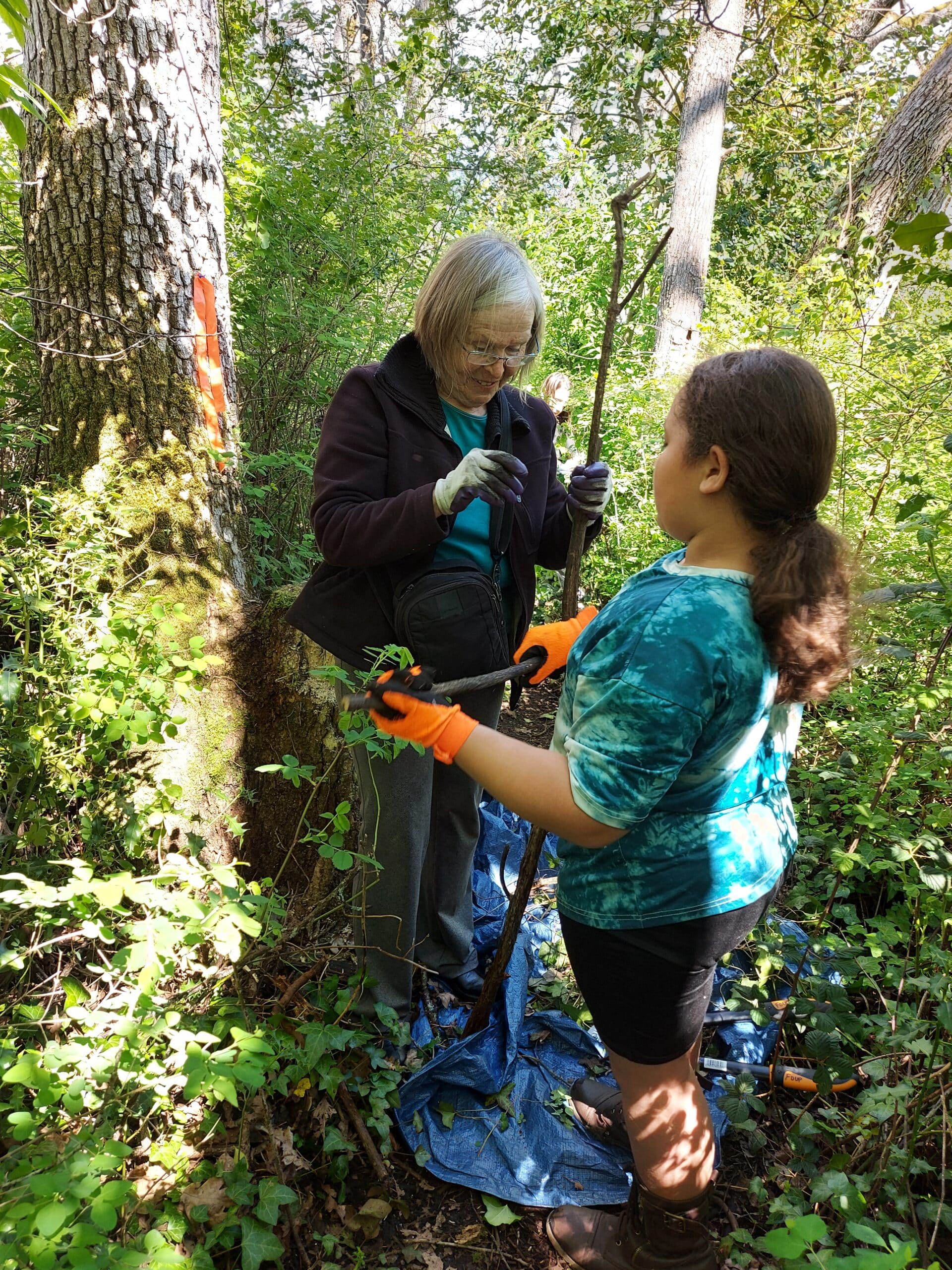By Lisa Houle | May 15, 2024
Despite the ominous headlines – first the closure of several waterbodies in B.C. and next whirling disease declared in the Columbia River watershed – there are simple actions we can all take to ensure we’re part of the solution, not part of the problem.
Behind the headlines is a small freshwater worm, infected with a microscopic parasite, causing whirling disease.
The Canadian Food Inspection Agency (CFIA) has recently declared the Columbia River watershed in B.C. an infected area for whirling disease. The rest of B.C. has been declared a buffer area for the disease. To stop the spread of whirling disease, CFIA established these areas along with restrictions prohibiting the movement of live or dead fish and equipment from the Columbia watershed to other watersheds.
This follows the first ever detection in B.C., as whirling disease was suspected in Yoho National Park in Emerald Lake in October 2023. For nature lovers, it means no access to some favourite lakes as Parks Canada closed several waterbodies, their shorelines and tributaries to all watercraft, water-related gear and angling, for now. Further testing and results were confirmed by CFIA in December 2023: whirling disease was found in the Kicking Horse River, Wapta Lake, Finn Creek, Monarch Creek and the confluence of the Emerald and Kicking Horse rivers.
“The freshwater worm (Tubifex tubifex) is common in stream habitats. The parasite (Myxobolus cerebralis) infects the worm and enters and affects salmonid fish – primarily juvenile members of trout, salmon, grayling, and whitefish,” said Nick Wong, Science and Research Manager at ISCBC. “The result of this infection is whirling disease, which causes fish to swim in a swirling pattern and creates deformities to the skull and body. Infected fish have a 90% mortality rate and there are no treatment options currently available.”

But there are simple, easy ways we can all help prevent the spread.
“We need everyone’s help to stop the spread of whirling disease. This disease could be devastating and result in major losses for B.C., a province that depends on its fisheries and aquaculture. Ensuring we don’t move this invasive species from one waterbody to the next is the best way to stop its spread,” said Nick. “Always Clean Drain Dry boats, equipment, anything that has been in one waterbody before moving to the next. You never know what is hiding on your gear and could create problems for another waterbody. It’s a simple practice that makes all the difference.”
Learn more about whirling disease with ISCBC’s upcoming online webinar and Columbia Shuswap Invasive Species Society’s (CSISS) regional discussion to follow:
Date: Tuesday, May 28th from 12:00 – 12:45 pm PT
Speaker: Marie Veillard, aquatic invasive species coordinator in the Lake Louise, Yoho, and Kootenay field unit with Parks Canada.
Webinar: Parks Canada’s response to the detection of the whirling disease parasite in Yoho National Park: Free registration
Date: Tuesday, May 28th from 1:00 – 2:00 pm PT
CSISS presents: North Columbia regional discussion on whirling disease to encourage regional outreach and prevention best practices, including an update from Provincial WLRS staff: Free registration
Lisa is a Communications and Outreach Coordinator at ISCBC. She values a diverse environment and connecting with others about environmental protection. In her spare time Lisa enjoys spending time at the ocean and beach combing for sea glass. You can reach Lisa at lhoule@bcinvasives.ca
Share


